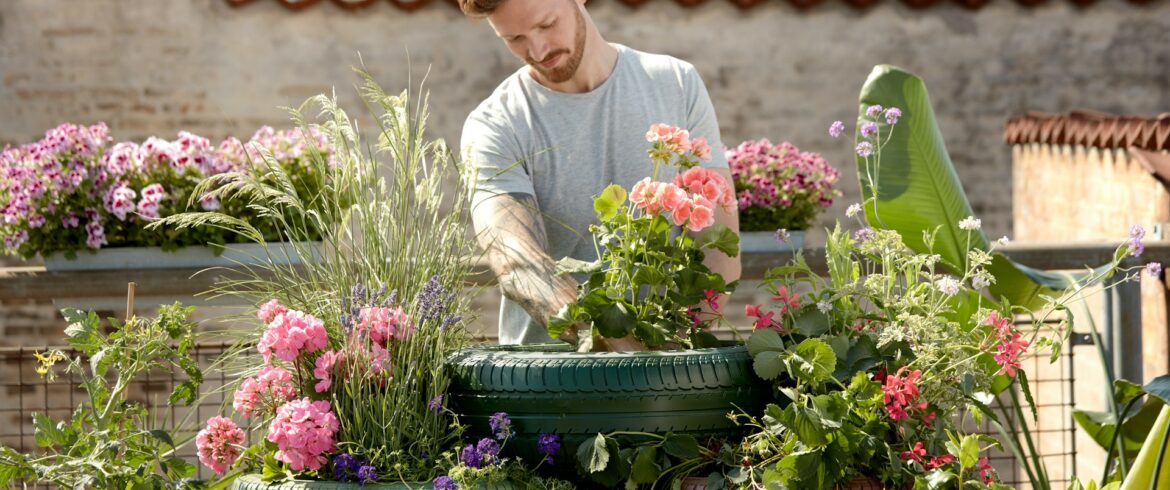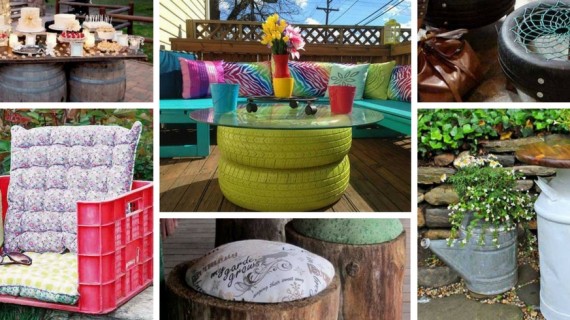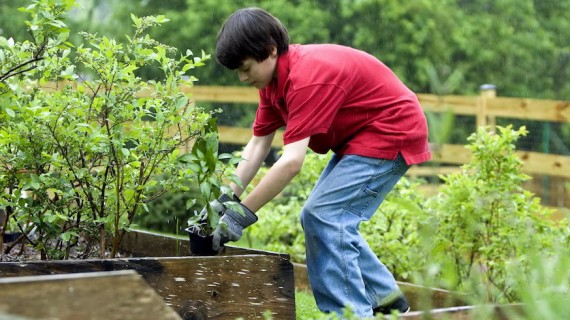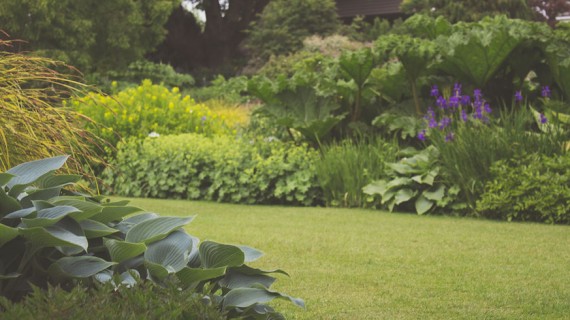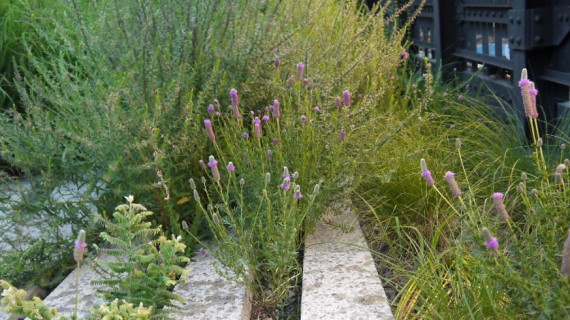Balcony gardening is rapidly gaining popularity. It’s not just about adding a touch of nature to urban environments; it’s about creating sustainable, eco-friendly spaces. With the rising awareness of environmental issues, cultivating an eco-friendly balcony garden has become a practical way to contribute to a healthier planet. Ecobnb‘s philosophy, focusing on nurturing tourism that respects nature, the economy, and local communities, aligns perfectly with this green initiative. Bring a piece of this sustainable journey to your home by embracing balcony gardening.
Balcony Gardening As Therapy During Challenging Times
During the pandemic, gardening experienced a remarkable surge in popularity. As people spent more time at home, many turned to gardening to pass the time and address growing concerns over food security. The uncertainty of the times led to a heightened desire for self-reliance, with individuals seeking ways to lessen their dependence on the increasingly strained food system. This interest wasn’t just about growing food and finding peace and calm during chaos. In the confines of city life, where green spaces are often limited, gardening became a sanctuary for many.
Nurturing plants provided a much-needed sense of control and purpose, offering mental relief and a therapeutic escape from the stresses of pandemic life. People discovered the calming power of connecting with nature, even in small spaces. This shift towards gardening goes beyond a mere hobby; it represents a profound change in how people view food, self-sufficiency, and the healing nature of plants. As we move forward, this renewed interest in gardening holds the potential to reshape urban landscapes and attitudes toward personal well-being and sustainability.
Choosing the Right Plants

The first step in creating an eco-friendly balcony garden is selecting the right plants. Opting for native species or heirloom varieties of vegetables is a smart choice. These plants are adapted to local climates, requiring less water and maintenance. For example, lavender and rosemary thrive in a Mediterranean climate with minimal water.
Similarly, drought-resistant plants like succulents are excellent for balconies, as they demand little water, reducing the environmental footprint. Also, companion planting can be a game-changer.
Sustainable Soil and Compost Practices
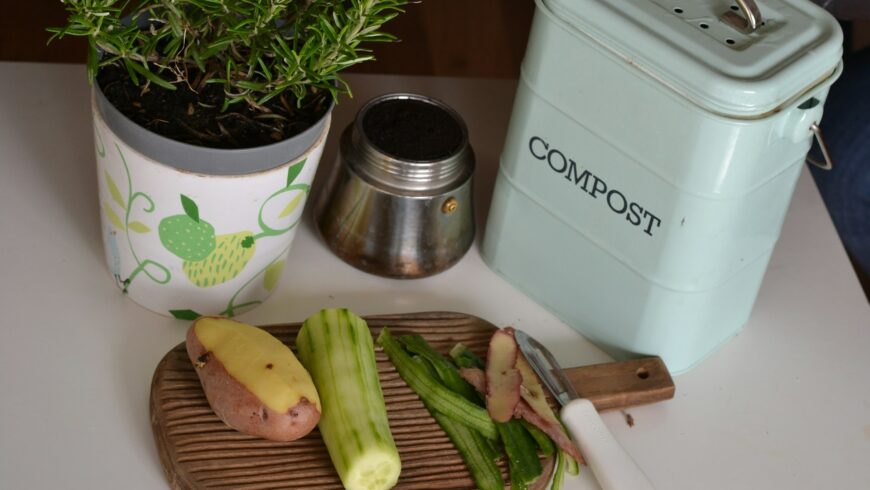
Using sustainable soil and compost is vital to eco-friendly gardening. Organic compost from kitchen scraps enriches the soil without harmful chemicals and plays a significant role in waste management. Statistics show that composting can reduce household waste by up to 30%. That means that composting provides essential nutrients for your plants and significantly reduces the amount of waste sent to landfills. Also, it’s necessary to consider the type of soil used in your garden. Local, untreated soil supports the local ecosystem and minimizes the carbon footprint of transporting soil.
In the context of sustainable gardening, it’s important to address the use of peat moss-based soil. Peat moss, often used in gardening, is not a sustainable choice. Its extraction is harmful to wetland ecosystems and contributes to the release of carbon dioxide. In addition, once disturbed, peat bogs take centuries to regenerate, making peat moss a non-renewable resource.
A more sustainable alternative to peat moss is coco coir. Coco coir, made from the fibrous husks of the inner shell of coconuts, is an eco-friendly substitute. It’s renewable and has excellent water retention properties, similar to peat moss, making it ideal for gardening. Furthermore, coco coir is pH-neutral, which is beneficial for plant growth, and it decomposes at a slower rate, ensuring long-lasting soil structure and aeration. By choosing coco coir, gardeners can enjoy the benefits of a peat-like medium while staying committed to eco-friendly practices.
Eco-Friendly Water Management
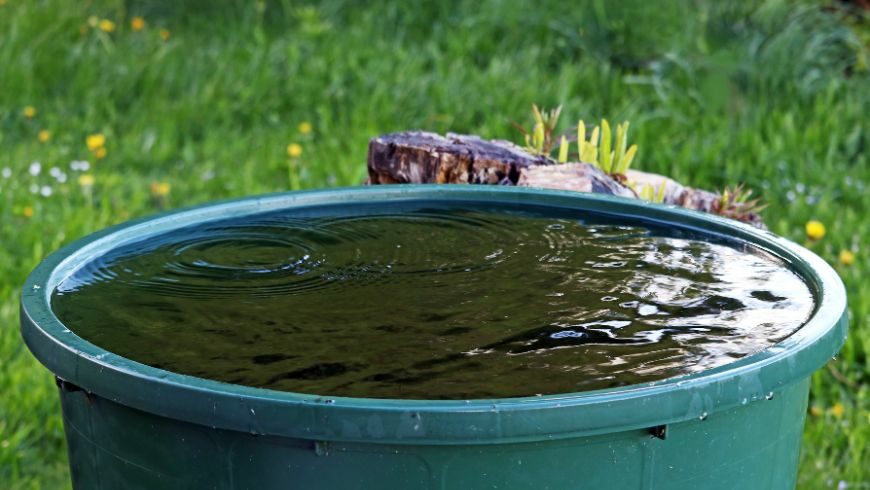
Responsibly managing water is a cornerstone of cultivating an eco-friendly balcony garden. Innovative solutions like rainwater harvesting can significantly reduce water usage. In Germany, rainwater harvesting has reduced household water usage by up to 50%. At the same time, self-watering systems can ensure plants receive the right amount of water, preventing overwatering and underwatering, which is crucial for plant health and conservation.
Natural Pest Control and Pollinator-Friendly Practices
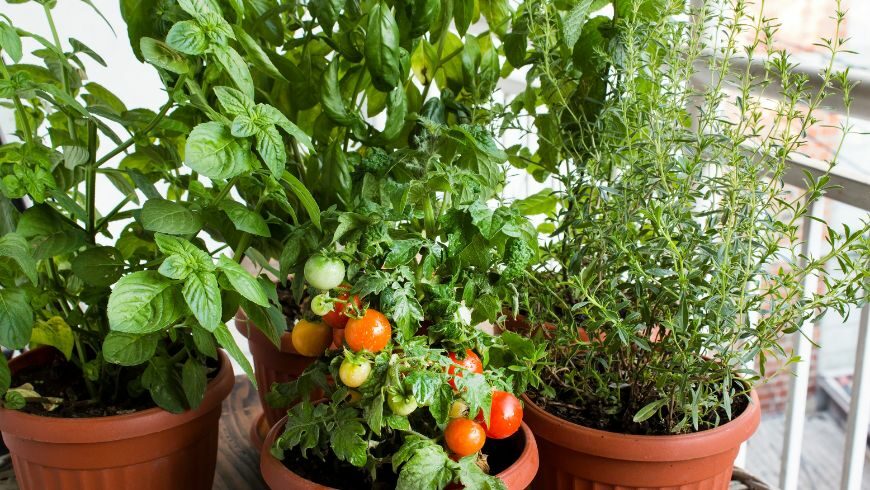
When cultivating an eco-friendly balcony garden, natural pest control is essential. Instead of chemicals, try these methods:
- Plant garlic near roses to ward off aphids.
- Position onions near carrots to prevent carrot flies from attacking them.
- Plant basil next to tomatoes to deter harmful insects, like the tomato hornworm.
- Use neem oil, a natural pesticide, to deter pests without harming beneficial insects.
Furthermore, embracing eco-friendly living involves supporting pollinators. Pollinators like bees and butterflies are crucial for plant reproduction. To attract them:
- Plant flowers like lavender and daisies.
- Provide a small water source, like a shallow dish, especially during the hotter months.
Urban gardens are vital habitats for pollinators, contributing significantly to their conservation, which is also detrimental to our conversation.
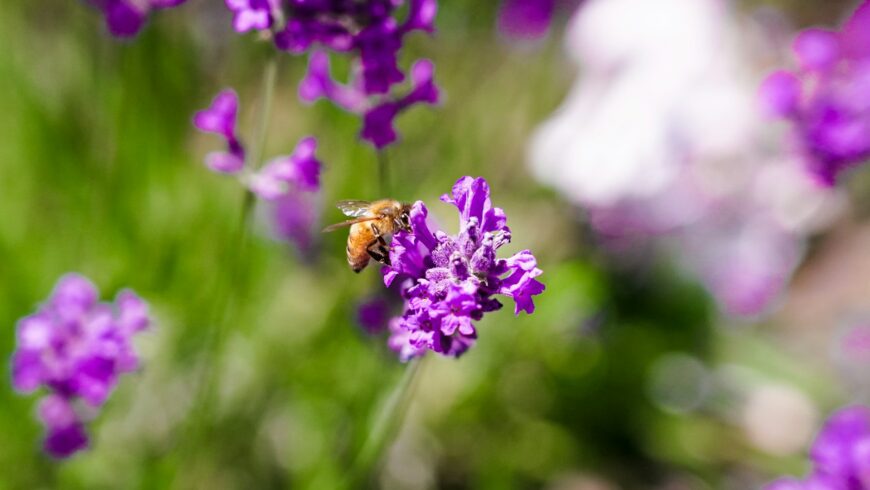
Utilizing Recycled and Upcycled Materials
Similarly, using recycled and upcycled materials in balcony gardens can significantly impact the never-ending battle of our planet vs plastics. Repurposing items like old tires, plastic bottles, or wooden pallets into planters is cost-effective and reduces waste. A creative example is using tin cans as herb pots – a simple yet effective recycling method. Upcycling gives a unique character to your garden and sets an example of sustainable living in action.
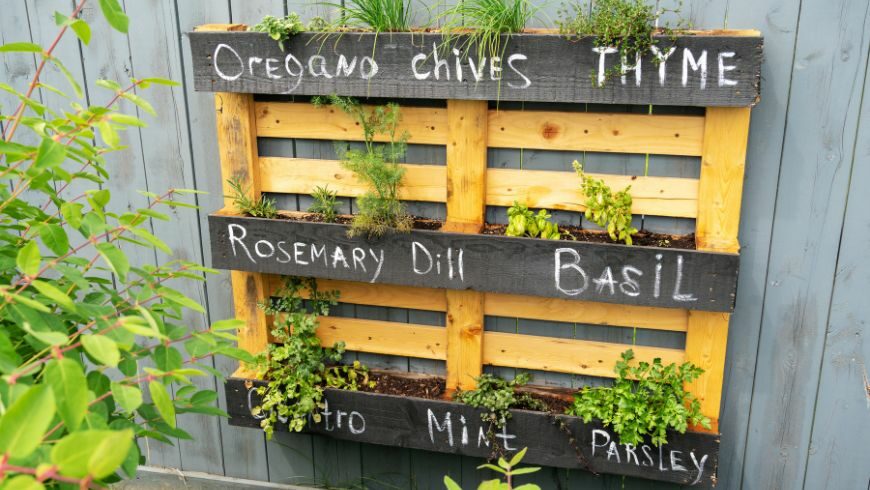
Maximizing Space with Vertical Gardening
Vertical gardening is a great solution for small balconies. It maximizes space and can increase plant diversity. For example, a simple trellis can support climbing plants like cucumbers or beans, creating a lush green wall. This approach saves space and provides additional benefits like improved air quality and natural cooling effects.
Energy-Efficient Gardening Techniques

Using energy-efficient tools is key to living a sustainable lifestyle. Solar-powered garden lights are a great example, offering a sustainable alternative to traditional lighting. These lights harness sunlight during the day to illuminate your balcony at night, reducing electricity use.
Next, consider using manual tools instead of electric ones. A hand-cranked compost mixer, for instance, eliminates the need for electric power, making your gardening practices more sustainable.
Community and Sharing
Community involvement can greatly enhance your gardening experience. Participating in plant swaps or sharing cuttings with neighbors fosters a sense of community and encourages others to start their gardens. In addition, many online communities offer a wealth of information and support for those looking to reduce plastic use in their gardening efforts. By sharing experiences and tips, gardeners can collectively impact environmental conservation more.
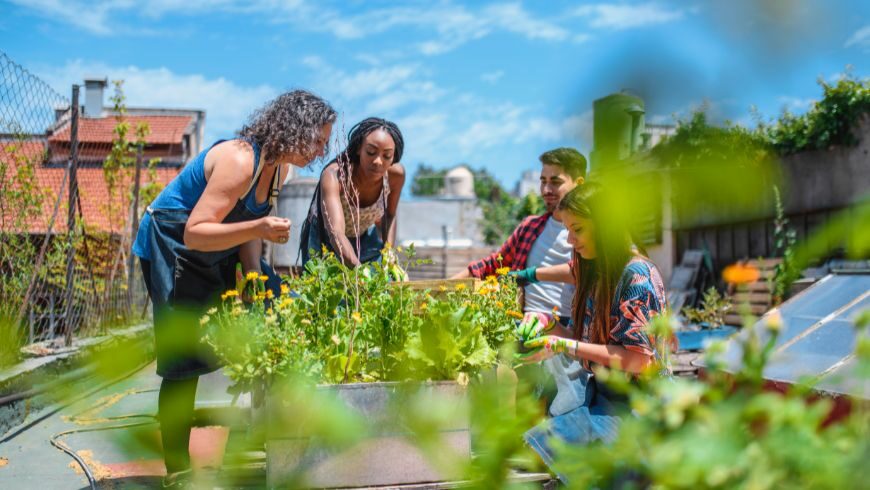
Cultivating an Eco-Friendly Balcony Garden Has Never Been Easier
Cultivating an eco-friendly balcony garden is more than just growing plants. It’s about making sustainable choices. These practices benefit the environment and enhance our well-being and community spirit. Every small action, whether choosing a native plant or using solar light, contributes to a larger movement towards a healthier planet. Remember, each balcony garden is a step towards a greener, more sustainable future. Let’s keep growing green, one balcony at a time.

Author bio: Laura Kaufman is a seasoned blog writer at Professional Movers Canada, focusing on eco-friendly relocation and outdoor design. Her work primarily revolves around advocating for sustainable, green living solutions. Laura combines her expertise in environmental practices with practical moving tips, helping readers achieve a greener lifestyle.
Cover Image: Foto di Pelargoniums for Europe su Unsplash
